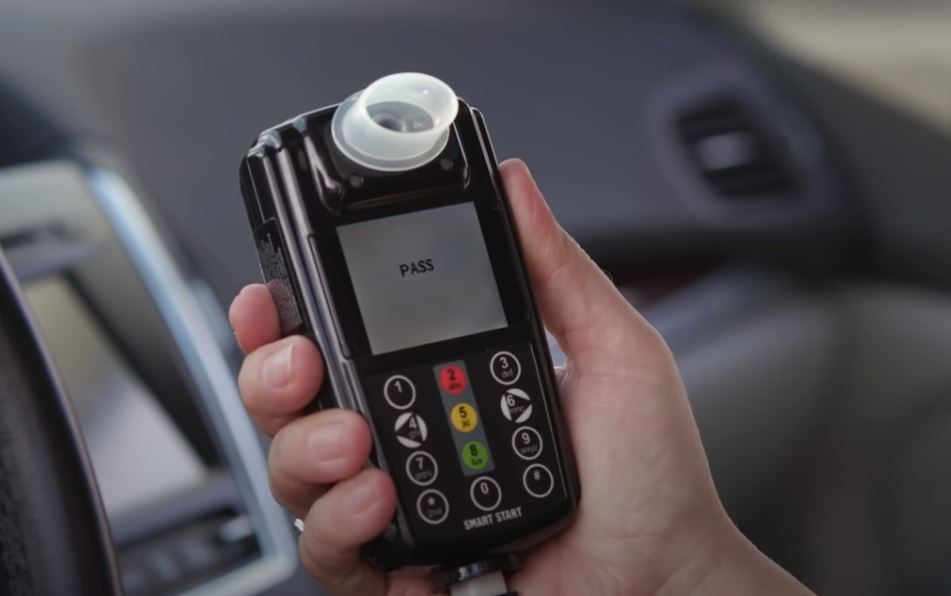Questions About Ignition Interlock?
Ignition Interlock devices are commonly ordered by judges and requested by prosecutors because they have a unique ability to separate drinking from driving. The issue of having to install an ignition interlock in a DWI suspect’s vehicle usually first arises immediately after arrest and is ordered as condition of your release from jail. In this form, the ignition interlock is a bond condition. The judge setting the terms of your release always has the discretion to order an ignition interlock. If you are believed to have a prior DWI from before your current arrest, an ignition interlock is a mandatory condition of your bond. Likewise, when a Judge learns that there is an allegation that the driver’s BAC in a DWI case was at or above 0.15, it is mandatory for that judge to order an ignition interlock to be installed in the driver’s vehicle. You will have to maintain an ignition interlock in any car you drive for the whole period of time that you are on bond. You will be on bond until your case is finally disposed. It can take 6 to 30 months to finally dispose of a DWI case. 9 to 12 months on bond is most common.
Wil Ignition Interlock Be Required On Your Vehicle?
Driver’s license suspensions often accompany DWI cases. A driver’s license can be suspended, before the DWI case is even filed in court, if the driver consented to a BAC test and that test shows an alcohol concentration of 0.08 or higher. A license will also be suspended if the suspected driver refuses to submit to a BAC test. In the instance of a refusal, police will often seek warrants allowing them to take blood sample from the suspected driver in spite of their refusal. In this way, the State of Texas can have a sample but, still suspend a driver’s license based on the refusal.
After DWI cases are filed in court, a driver’s license can be suspended if that driver is convicted of a DWI 2nd or subsequent offense regardless of the punishment received. Such suspensions are 12 to 24 months in length. For first offense DWI’s, licenses are only suspended if you do not complete a state approved DWI Driver’s Safety Program while on probation. So, if you serve a jail sentence and not a term of probation for a first offense DWI, your license will be suspended for 6 to 12 months at the judge’s discretion.
Have Questions? Give Us A Call Today.
A driver that has his or her license suspended can still legally drive by way of a court ordered license. Occupational Licenses and Interlock Licenses are often sought by and granted to people that have had their license suspended. As with bond conditions, if you are believed to have a prior DWI, an ignition interlock is a mandatory condition of your court-ordered license. Likewise, if the driver’s BAC in a DWI case was at or above 0.15, it is mandatory for the judge issuing the license to order an ignition interlock to be installed in the driver’s vehicle for the full term of the license. Driver’s license suspensions range in length from 3 months to 24 months. The most common driver’s license suspensions are 6 to 12 months in length.
When a DWI has made it all the way through the court system to completion, it is possible that an ignition interlock will be ordered as a condition of probation. In this form the ignition interlock is a term of the driver’s probation that must be followed. Prosecutors usually make plea bargain offers that require an ignition interlock device to be in place for the full period of probation. So, if a driver is sentenced to 24 months of probation, an ignition interlock will be required for the full 24 months. Ignition interlocks are mandatory as conditions of probation in DWI cases with BAC’s at or above 0.15 and in DWI 2nd offense or more cases.
The Peugh Law Firm Offers Free Consultations
Misdemeanor probations can be no longer than 24 months. Felony probations can be up to 10 years in length. The law only requires that an ignition interlock be a term of probation for one-half of the probation period. It is possible to get an ignition interlock removed from your vehicle after only serving half of your probation even if the plea bargain required the ignition interlock for the full term of probation. However, if the driver has two DWI cases within 5 years, a judge can order the driver to maintain the ignition interlock for up to two years after probation has terminated or a jail sentence has been completed. That will also mean no early removal. It is worth noting here that a driver cannot, by law, get off DWI probation early.
If you have questions about your DWI charge, driver’s license, or ignition interlock, give our office a call today at (940) 566-0271 or send us a message to schedule a free consultation.





